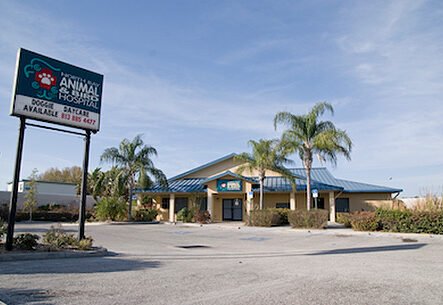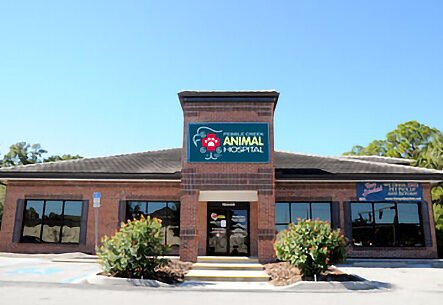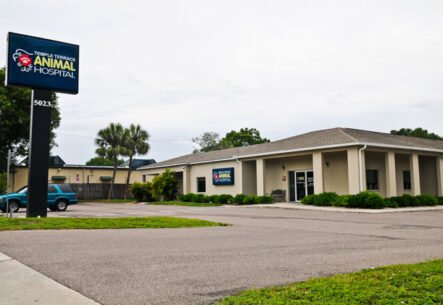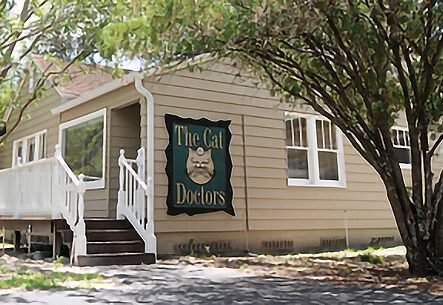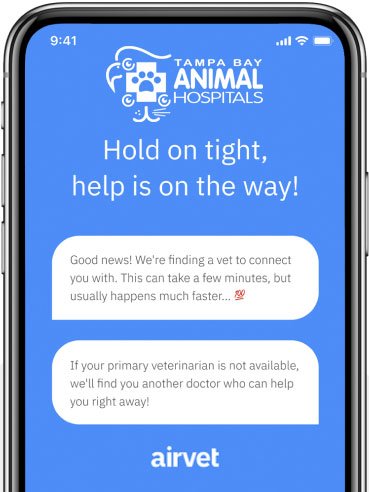A Guide To Vaccination For Your Cat
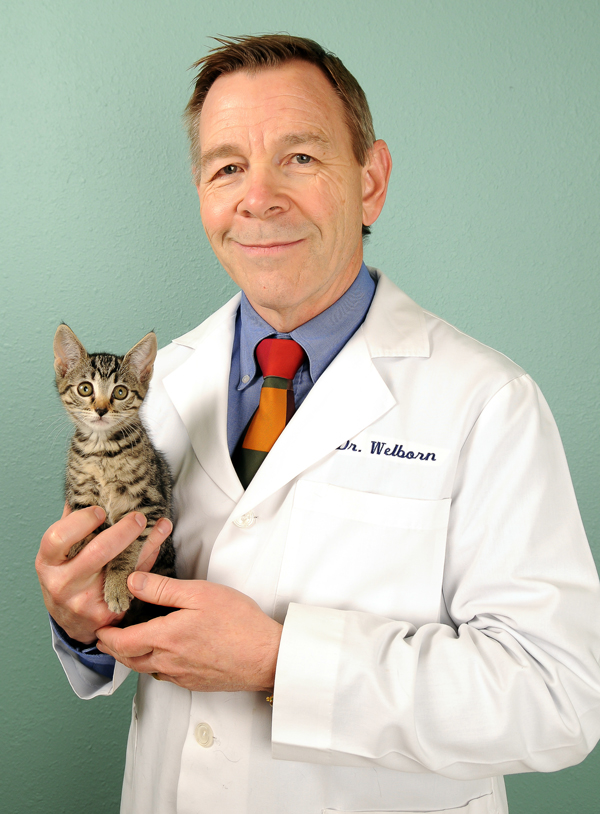
Vaccination Programs For Your Cat
Your veterinarian will recommend a vaccine program suitable for your cat. Type and frequency of vaccination will be based on your cat’s age, lifestyle (for example, indoor versus outdoor, frequency of contact with other cats, etc.) and risk of exposure to infectious disease. The following list is a typical feline vaccination program that can be modified depending on your veterinarian’s recommendations and your preferences.
Kittens
Typical Vaccination Program
- Feline panleukopenia
- Feline viral rhinotracheitis
- Feline calicivirus
Additional Vaccinations
Frequency: Twelve weeks of age or older – two doses administered three to four weeks apart. If vaccinated before twelve weeks of age, revaccinate with a single dose upon reaching twelve weeks of age.
Adult Cats
Typical Vaccination Program
- Feline panleukopenia
- Feline viral rhinotracheitis
- Feline calicivirus
Additional Vaccinations
Frequency: Annually or as determined by your veterinarian
Rabies
Frequency: A single dose at three months of age or older. A repeat dose should be administered one year later. Repeat vaccinations every one to three years, depending on state law.
Common Infectious Diseases of Cats
The following infectious diseases of cats can be prevented or lessened by vaccination:
Rabies
Rabies is a viral disease that can affect all warm-blooded mammals, including cats, dogs, wildlife and humans. The virus infects cells of the nervous system, producing incoordination and behavioral abnormalities such as unusual aggression or withdrawal. Once the signs of rabies appear, the disease is always fatal. Rabies is usually transmitted by bite wounds, often from infected wildlife, which represent the largest reservoir of the disease in the United States. Vaccines are very effective in preventing rabies. Many states in the U.S. require rabies vaccination of cats. Most states also require rabies vaccination of dogs at one to three-year intervals.
Feline Panleukopenia
Also known as feline distemper, feline panleukopenia is a highly contagious, often fatal disease of cats. The disease is caused by a parvovirus transmitted by contact with infected cats, their feces or environmental contamination. The virus is highly resistant and capable of surviving in the environment for months. Kittens without prior vaccination or exposure are most susceptible. Signs of acute infection include fever, anorexia, vomiting, diarrhea, dehydration and abdominal pain.
Feline Respiratory Disease
The great majority of feline respiratory diseases result from two easily transmitted infections, feline viral rhinotracheitis (FVR), caused by a herpesvirus and feline calicivirus (FCV), pronounced (kah-LEE-see virus). FVR and FCV infections result in similar illnesses, characterized by nasal and ocular discharge, conjunctivitis, ulcers of the oral cavity, anorexia, depression and inflammation of the upper respiratory tract. Cats usually recover in one to two weeks, although cats with FVR can become persistently infected after returning to normal, shedding the virus during periods of stress. FVR can result in abortion of infected fetuses. Kittens are at greatest risk of FVR and FCV because they usually have had no prior vaccination or exposure and are highly susceptible to infection. Chlamydia psittaci (klah-MID-ee-ah SIT-ah-kye) bacteria are a less common cause of feline respiratory disease but can increase the severity of FVR or FCV infections. Vaccines are available for FVR, FCV and Chlamydia psittaci.
Feline Leukemia
Feline leukemia is a high-mortality disease caused by the feline leukemia virus (FeLV). FeLV produces immunosuppression, which can then lead to other diseases or infections such as respiratory or gastrointestinal disease. Cats that survive these initial diseases may develop some form of cancer, hence the name feline leukemia. The disease is transmitted by direct contact with infected cats or with contaminated food dishes or litter boxes. Feline leukemia vaccination is now commonplace.
Read more about Feline leukemia here.
Feline Infectious Peritonitis (FIP)
Feline infectious peritonitis begins as a mild upper respiratory infection or diarrhea that can progress to a widely distributed inflammation of tissues and organs, including peritonitis (inflammation of the abdominal cavity). Although not always present, a classic sign of FIP is abdominal swelling with fluid as a result of inflammation. FIP is caused by a coronavirus that is transmitted by contact with infected cats. Once signs of FIP appear, death loss approaches 100 percent. Cats two years of age and younger and elderly cats are most often affected.
Feline Immunodeficiency Virus (FIV)
FIV attacks a cat’s immune system, producing a slow-developing immunodeficiency disease (similar to HIV in humans) that results in chronic secondary and opportunistic infections. These include respiratory, gastrointestinal, urinary tract and skin infections, as well as general unthriftiness. Various cancers may also develop. FIV infection is lifelong. However, FIV disease is relatively uncommon, and most cats remain normal for extended periods until immunodeficiency occurs. FIV cannot be transmitted by affected cats to humans.
Commonly Asked Questions
Why should I visit my veterinarian?
There is no substitute for regular visits to your veterinarian to detect disease in its early stages and to implement vaccination protocols, parasite prevention, dental hygiene and other programs that safeguard your pet from costly and sometimes fatal diseases.
Why is vaccination important?
All cats are at risk of exposure to various infectious diseases, even if they spend most of their time indoors. Some infectious diseases are life-threatening, while others such as rabies also pose a public health risk. Vaccination to prevent common infectious diseases supports the first goal of medicine — disease prevention. Prevention of infectious disease is more beneficial to your cat than treating disease once it occurs. The animal’s natural immune system helps eliminate viral and bacterial infections. Thus, preventive vaccination is one of the most reliable and cost-effective methods of health care available to a pet owner.
How does vaccination work?
Vaccines contain killed or modified live (weakened) forms of viruses or bacteria. They stimulate production of protective antibodies in healthy animals that neutralize the virus or bacteria if the animal is later exposed. Although vaccines provide protection against infectious disease, they do not treat or cure existing diseases. Some vaccines contain combinations of viruses or bacteria that immunize against several diseases, minimizing inconvenience to the owner and discomfort for the pet.
Why do kittens require more frequent vaccinations than older cats?
Nursing kittens ingest immunizing antibodies from their mothers. These maternal antibodies provide early protection against infectious disease. However, they also neutralize the immunizing agents in vaccines. Maternal antibodies naturally decline during the first three to four months of life and eventually disappear. For this reason, kittens vaccinated earlier than 12 weeks of age should be revaccinated after 12 weeks of age. This increases the likelihood of long-term protection from vaccination as soon as maternal antibody levels have declined below protective levels.
How often should my cat be vaccinated?
Immunity to most infectious diseases gradually declines over time, so periodic revaccination is generally necessary. Frequency of vaccination is dependent on your cat’s lifestyle, age and risk of disease exposure. Your veterinarian can determine the appropriate vaccination interval based on your pet’s history and individual circumstances.
What about the potential risks of vaccination?
The benefits of vaccination are usually considered to far outweigh the relatively small risk of vaccine-related adverse effects. Allergic reactions to vaccination and local, injection-site irritation are uncommon, but they do occur. On rare occasions, cats may develop tumors (fibrosarcomas) at the site of any injection, including vaccination. Your veterinarian can advise you of the possible risks associated with vaccination and the steps to take if vaccine-related reactions occur.
Tampa, FL 33615 (View map)
Tampa, FL 33647 (View map)
Tampa, FL 33617 (View map)
Tampa, FL 33647 (View map)
